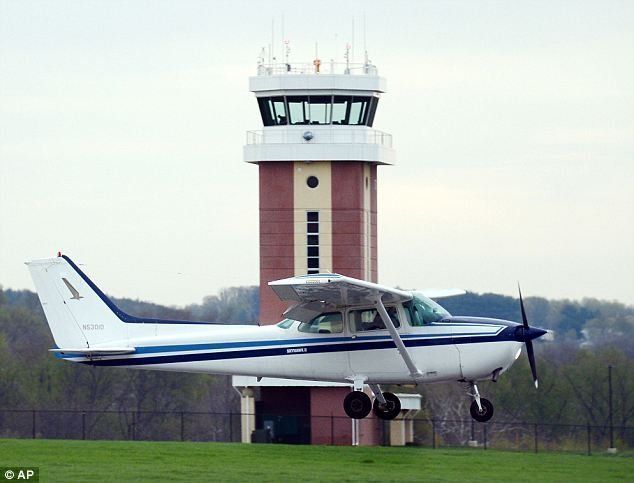
Two congressmen in favor of privatizing the FAA’s Air Traffic Organization introduced their proposal Wednesday, just after receiving written opposition from others in the House and Senate. House Transportation and Infrastructure Committee Chairman Bill Shuster, R-Pa., and Aviation Subcommittee Chairman Frank LoBiondo, R-N.J., introduced the Aviation Innovation, Reform, and Reauthorization (AIRR) Act, H.R. 4441 (PDF), which would fund a six-year reauthorization for the FAA — resetting a longer funding clock as the current extension is set to end March 31. Shuster said in his announcement that privatization of the U.S. system would build on successful models in other countries. “Our system is incredibly inefficient, and it will only get worse as passenger levels grow and as the FAA falls further behind in modernizing the system,” he said. The bill will undergo discussion at a committee hearing next week.
H.R. 4441 drew a mixed bag of reactions. Lawmakers from the House and Senate Appropriations Committees have already opposed the plan to move ATC services from the FAA to a corporation overseen by a board. The National Air Traffic Controllers Association statedit supports the bill, saying it wouldn’t compromise safety, establishes a non-profit entity for ATC services, and maintains controllers’ jobs and employee benefits. “Many voices in the public discussion of this issue, including the news media, will continue to use the word privatization to describe this bill. But to us, privatization has always meant a profit motive where safety is not the top priority. That definition does NOT fit this bill today,” NATCA stated. AOPA said it will review the proposal in detail.
“There are some very good things for general aviation in this bilI. I think everyone can agree that the FAA can be more efficient and effective, and this legislation creates opportunities for both third class medical reform and certification reform that have the potential to make flying safer and more affordable,” said AOPA President Mark Baker. “But there are other provisions we will firmly oppose such as user fees for any segment of GA, including business aviation. And still other elements, like the plan to separate air traffic control from the FAA, raise important questions that demand meaningful answers. Ultimately, we need to know that any FAA reauthorization legislation will protect the interests of general aviation now and into the future.”
The bill outlines general criteria for “charges and fees” and states that they won’t apply to ATC services to piston aircraft or “noncommercial” operations for turbine aircraft. EAA opposes the bill on a number of fronts, saying that while it includes third-class medical reform as previously proposed for personal light aircraft, privatization would remove congressional oversight of the system and leave GA without much representation.
And while a number of air carriers said last year they support privatization to speed up modernization of the National Airspace System, Delta Air Lines does not. The airline came out on Monday with its own study of other nations’ systems this week, saying a private ATO would mean a 20 to 29 percent rise in air travel costs, a burden that would be borne by passengers.”Proponents have claimed that privatization would lead to cost savings for consumers,” the study says. “But no evidence has yet been produced to show that privatization would reduce costs. In fact, nations that have privatized ATC have seen operational costs increase at a muchhigher rate than has been seen in the U.S. under the FAA.”

































